Transfer of Property: An Overview
Transfer of property refers to the act by which a living person conveys property to one or more other living persons, either in the present or in the future. This concept is governed by the Transfer of Property Act, 1882, an Indian legislation that regulates the transfer of property across the subcontinent. The Act applies to both movable and immovable property, including tangible and intangible assets, such as copyrights, trademarks, and patents. The Act addresses various types of property transfers, including sales, mortgages, leases, exchanges, and gifts.
Essentials of a Valid Transfer
Inter-Vivos Transfer
Section 5 of the Act requires that the transfer must occur between living persons. Both the transferor and transferee must be alive at the time of the transfer. In legal terms, "living persons" also include companies, corporations, and associations.
Transferability of Property
According to Section 6, certain properties are not transferable:
- The chance of an heir-apparent succeeding to an estate.
- A mere right of re-entry for breach of a condition subsequent, except by the owner of the property.
- An easement apart from the dominant heritage (the right over another's property).
- Property with enjoyment restricted to the owner personally.
- A right to future maintenance.
- A mere right to sue.
- A public office or its salary.
- Military, naval, air force, or civil pensions.
- Any transfer opposed to the nature of the interest, for an unlawful object or consideration, or to a person legally disqualified.
Competency to Transfer
Section 7 specifies that every person competent to contract under Section 11 of the Indian Contract Act, 1872, is eligible to transfer property. This means the person must be of sound mind, not disqualified by law (e.g., insolvent or an alien enemy). Notable cases:
Sadiq Ali Khan vs. Jai Kishore (1928)
The Privy Council ruled that a deed executed by a minor is void, as the principle of estoppel cannot apply to a minor.
Amina Bibi vs. Saiyid Yousuf (1922)
A contract made by a lunatic is void, and so is the transfer of property by them.
K Kamama vs. Appana
Under Section 11 of the Hindu Minority and Guardianship Act, 1956, a de facto guardian cannot sell a minor's property. Any sale by a de facto guardian is invalid.
Authorized Persons
A person who is the absolute owner of the property, free from encumbrances, or someone authorized to dispose of transferable property not their own, is competent to transfer such property. The transfer may be partial or full, absolute or conditional, as allowed by the law.
Judicial Interpretations
Hussiaa Banu v. Shivanarayan
It was held that if one party to a settlement gives up a claim to receive money in exchange for giving up a right to certain property, it constitutes a valid transfer.
Conclusion
The Transfer of Property Act, 1882, ensures that property transfers create a new interest for the transferee. For a transfer to be valid, it must meet specific criteria outlined in the Act. If these criteria are not met, the transfer may be deemed invalid.
Share
Related Post
Tags
Archive
Popular & Recent Post








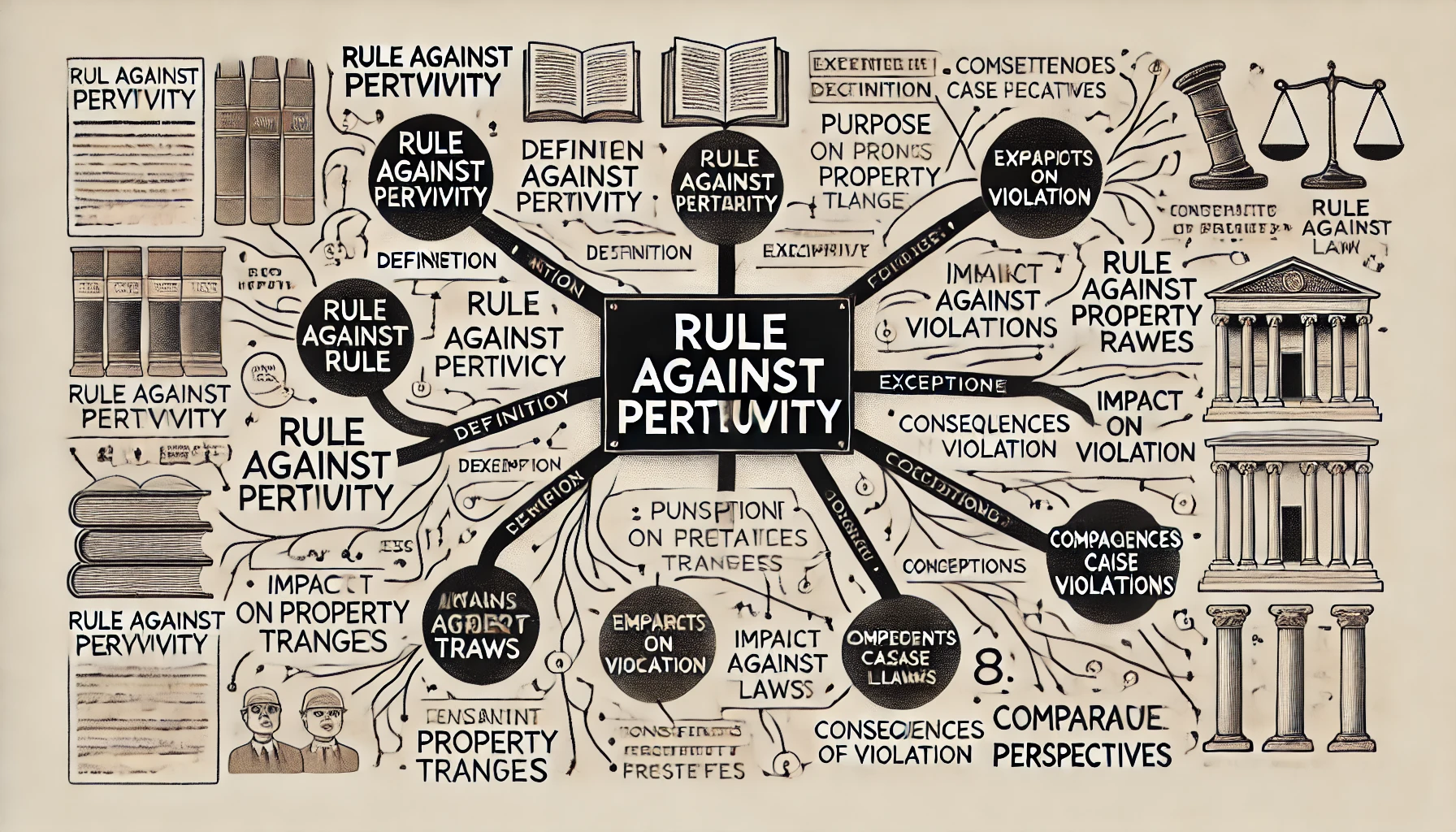
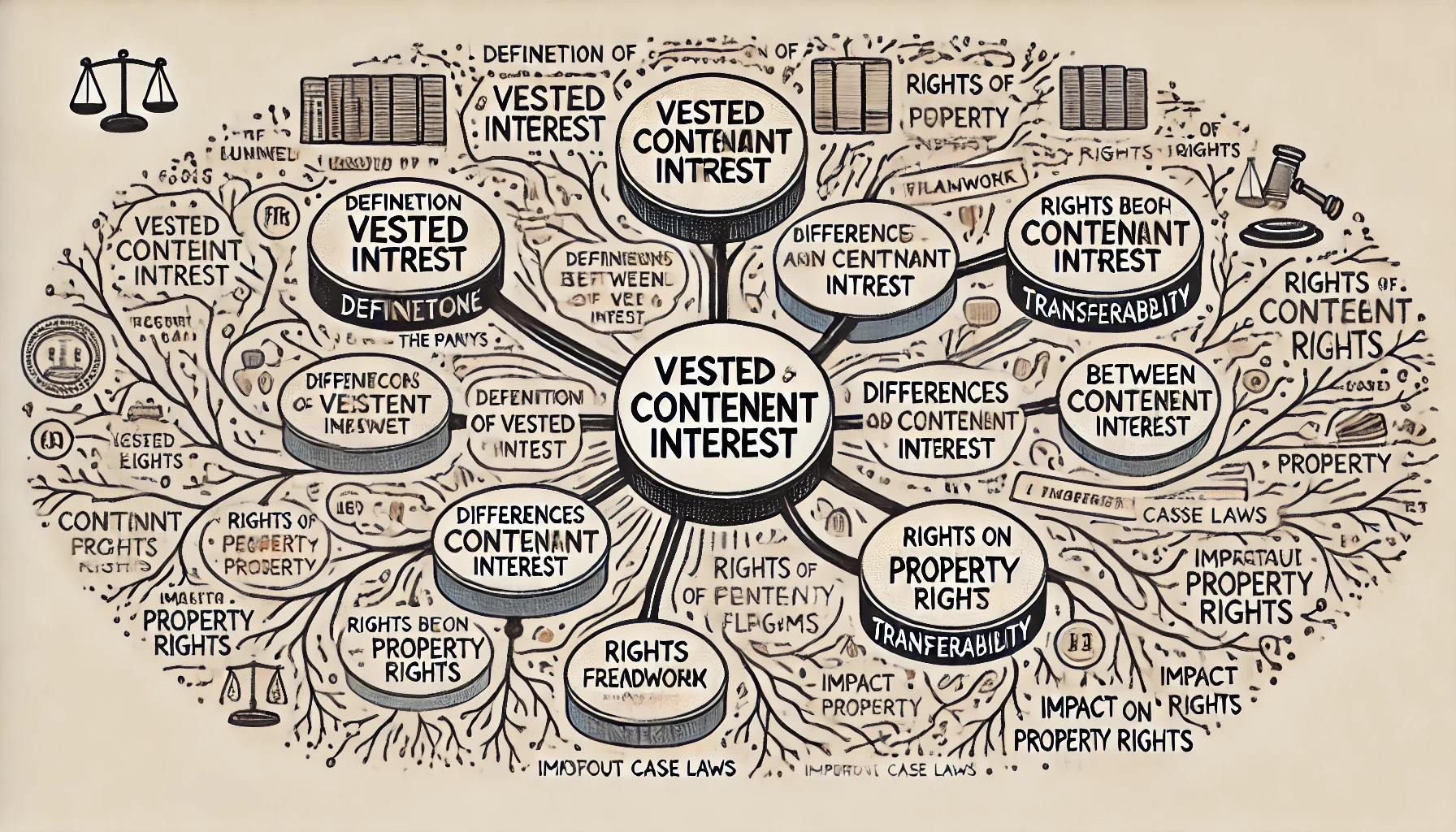
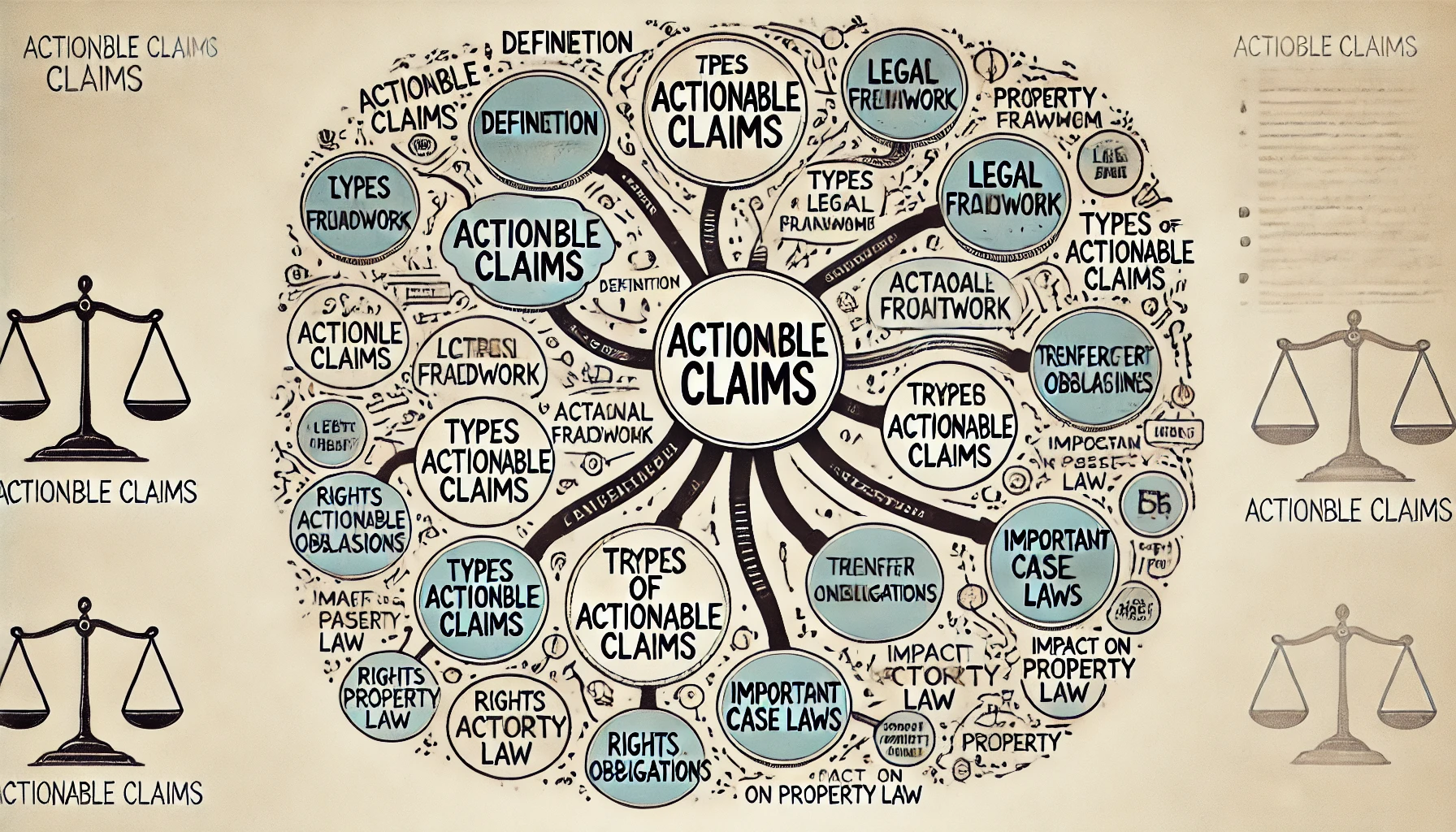
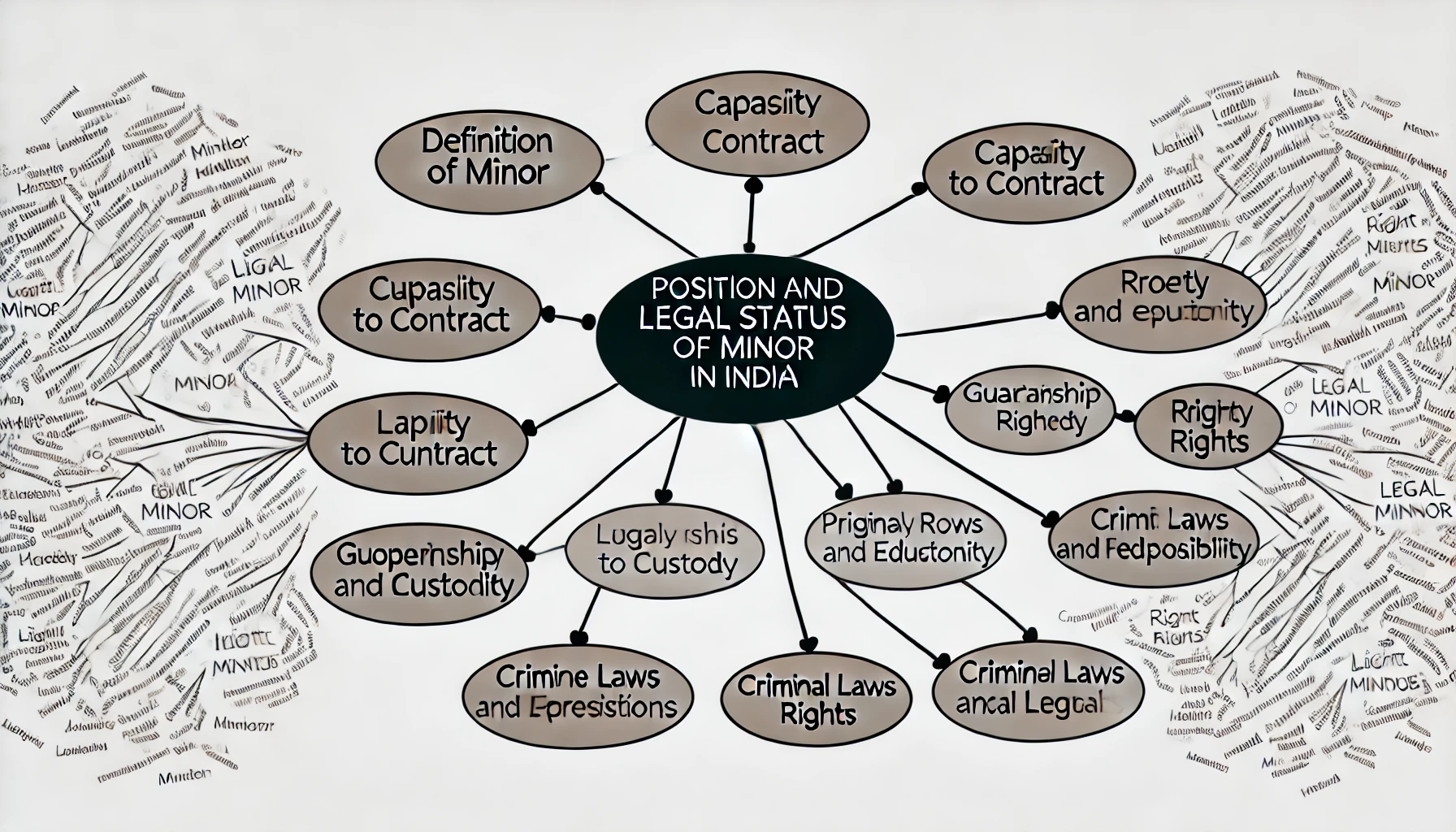
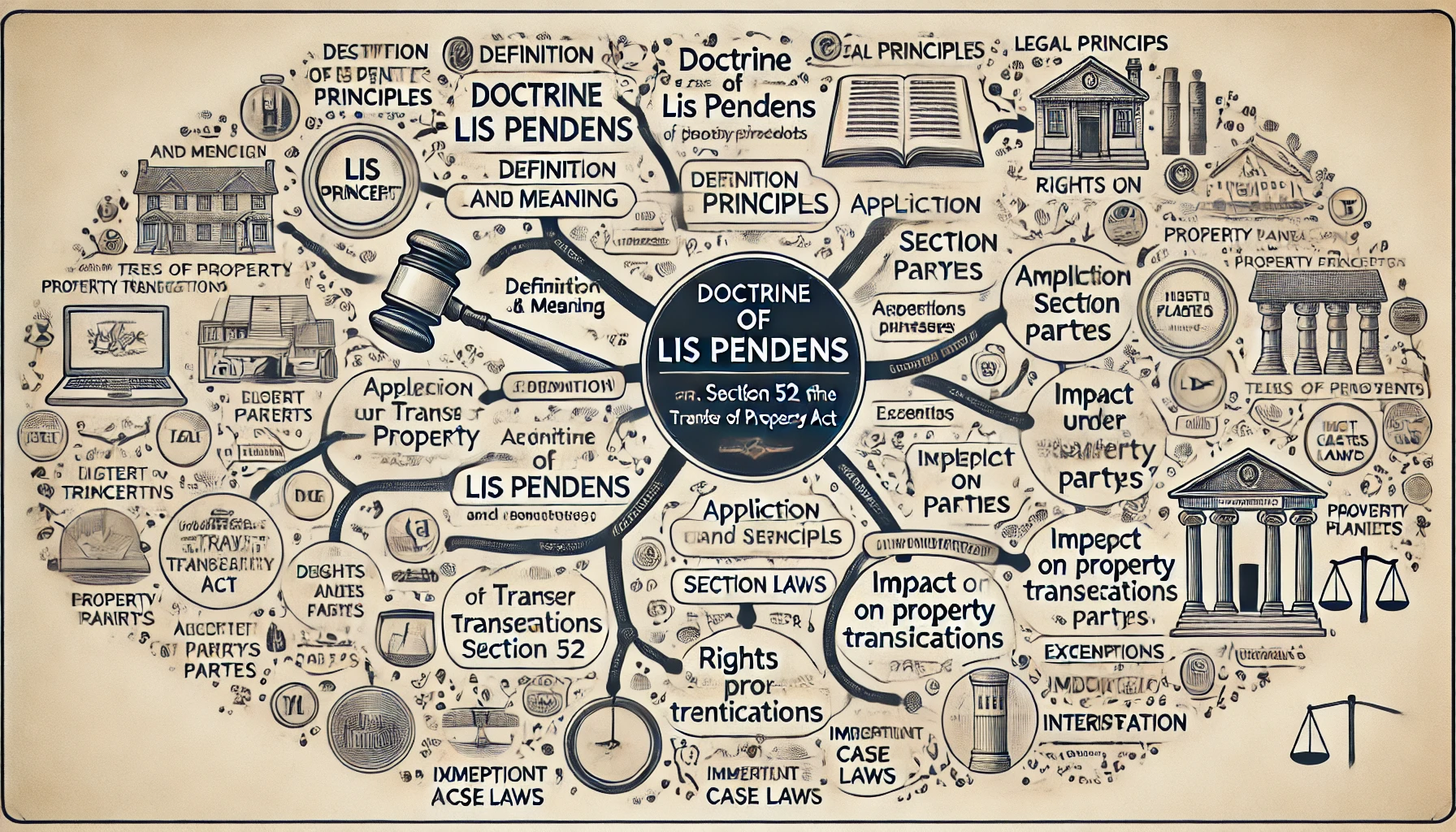
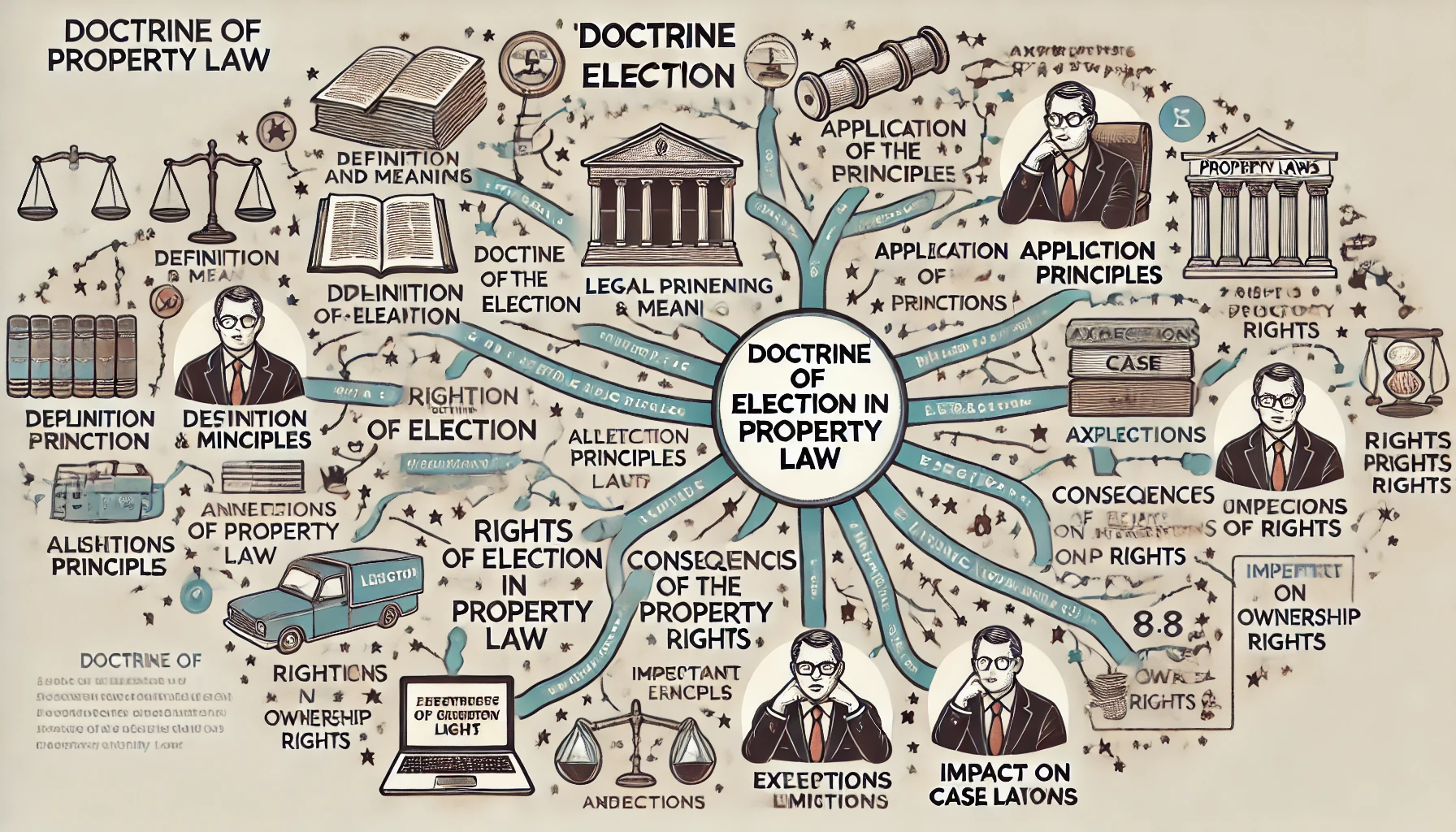
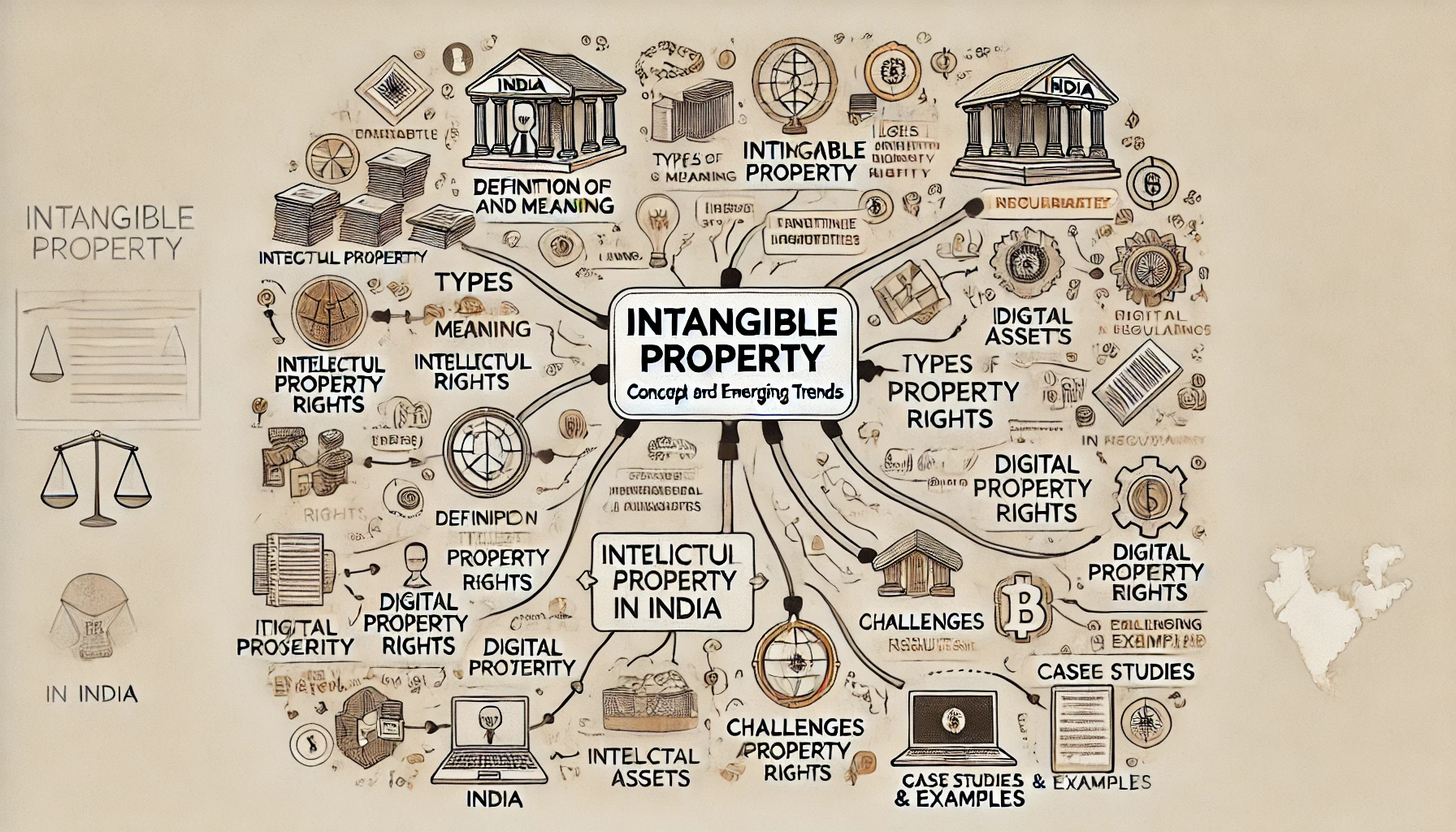
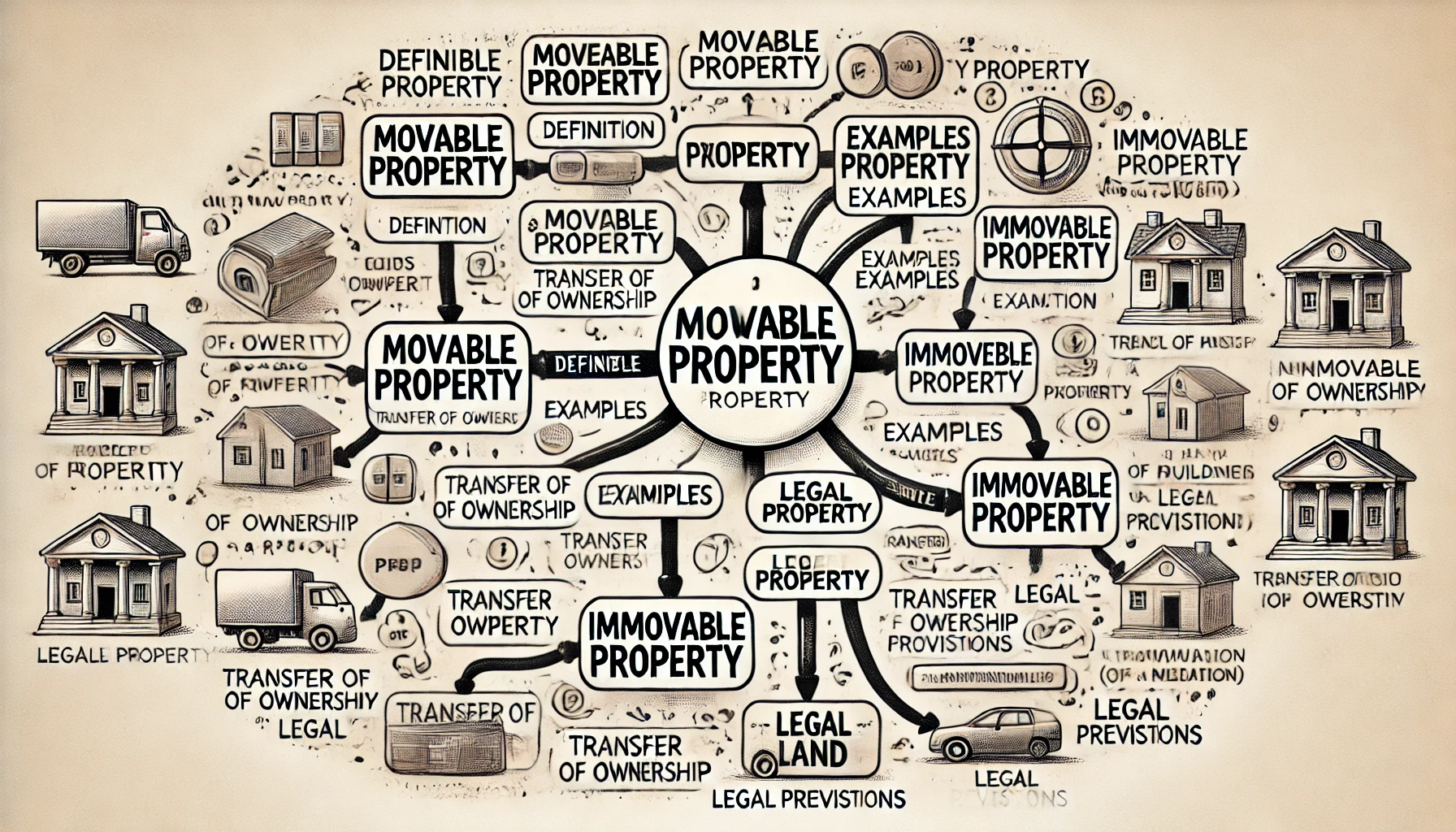


































































































Comment
Nothing for now